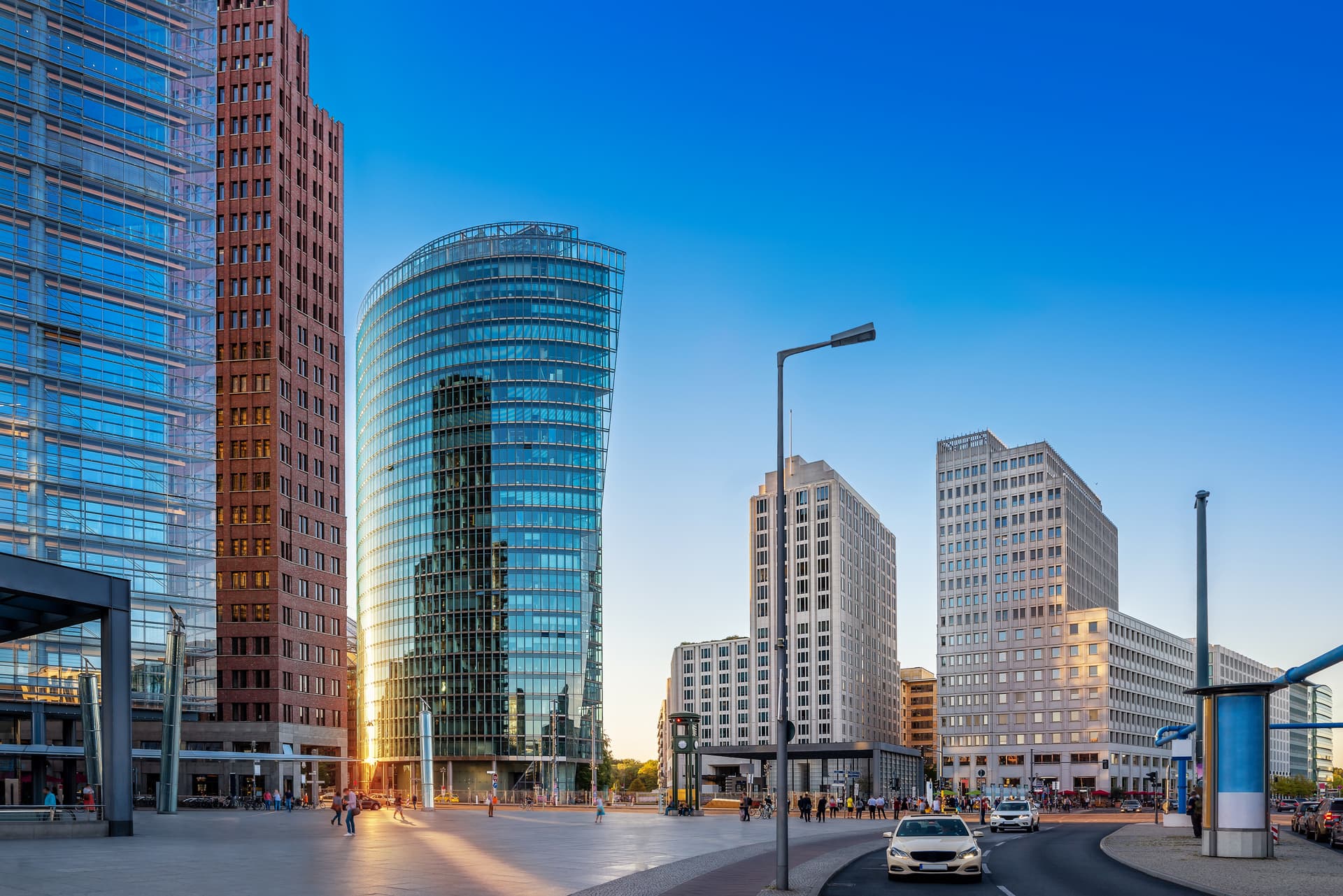Real Estate News - May 2022

31.
May 2022
Landlords to bear a proportion of the CO₂ price from 2023 onwards
The German government wants landlords to share in the additional heating costs resulting from the CO₂ price on fossil fuels. The draft legislation approved by the federal cabinet on May 25, 2022, provides for a tiered model for residential buildings from Jan. 1, 2023, which splits the CO₂ price between tenants and landlords depending on the building's energy balance. Plans call for ten stages in which the landlord's share of the price decreases progressively as the apartment's energy balance improves. While the draft envisages a 90 percent share for the landlord in the case of apartments with annual CO₂ emissions of 52 kilograms per square meter, tenants will continue to bear the additional costs alone in the case of buildings with the EH 55 energy standard. For non-residential buildings such as offices, a "50-50 rule" is initially to apply until the end of 2025, after which it will also be replaced by a phased model. The law still has to be discussed and passed by the Bundestag.
New housing construction: Clearly missed target for 2021
As the Federal Statistical Office announced in its report on new residential construction published on May 23, 2022, a total of 293,393 apartments were completed in 2021. This means that the target issued by the German government of 400,000 new apartments per year was missed by a wide margin. For the first time since 2011, the number of new apartments dropped year-on-year by 4.2 percent. Although all residential buildings, with the exception of dormitories, recorded a decline, this was particularly severe for new single-family homes, with a drop of 10.4 percent. By contrast, the number of completed non-residential buildings rose by 6.4 percent. An increase of 3.3 percent compared with the previous year was also recorded in the number of issued building permits. As a result, the increase in the construction backlog, which has been ongoing since 2008, reached its highest level since 1996, with a total of 846,467 housing units approved without being completed.
Interest rate hike: Mood of real estate financiers plummets
The barometer on the mood of German real estate financers, published quarterly by the market research institute bulwiengesa on behalf of BF.direkt AG, has slumped sharply. Primarily due to interest rates, which are expected to rise in the long term, the barometer recorded a decline comparable to that seen after the outbreak of the Corona crisis. Construction interest rates have risen significantly in recent months and analysts expect them to rise further in the course of the year. Furthermore, the war in Ukraine, rising commodity prices and high inflation are weighing on the mood of real estate financiers.